What (Not) to Do When Libraries Won't Get on Board
Why aren't libraries providing support for your open access or open science initiative? Be careful what you assume.
Send us a link
Why aren't libraries providing support for your open access or open science initiative? Be careful what you assume.
Brigitte Shull from Cambridge University Press looks at the lessons learned so far from transformative agreements and how they continue to evolve.
The scholar-led.network is an alliance of Open Access stakeholders that was constituted at the beginning of 2021 as a “digital focus group” in the context of the project “open-access.network”.

In Part 1 of this pair of posts, Timon Oefelein interviews Gerald R. Beasley, the Carl A. Kroch University Librarian at Cornell University, about how librarians can support the UN's Sustainable Development Goals.
This post argues that for academic books to be genuinely open, an emphasis should be placed on collective funding models that limit the prospect of new barriers to access being erected through the imposition of expensive book processing charges (BPCs).

Critics of scientific publishing had hoped for a bigger shake-up from the global crisis.
More than 80% of scientific papers stemming from Horizon 2020 funded projects were published in open access journals, according to the European Commission in a new report.
Researchers in developing countries could be frozen out by high article charges unless wider publishing reform is undertaken, say four Brazilian researchers.

PLOS keeps a watchful and enthusiastic eye on emerging research, and we update our policies as needed to address new challenges and opportunities that surface.

The 2020-2021 EUA Open Science Survey results provides a comprehensive picture of the challenges and achievements in Open Science at Europe’s universities.
The details align with Plan S - but UKRI hasn't yet decided whether to pay for open-access publishing in some hybrid journals.

For smaller and independent publishers, the Transformative Journal route to Plan S compliance seems like a viable option. At least until you see the reporting requirements.
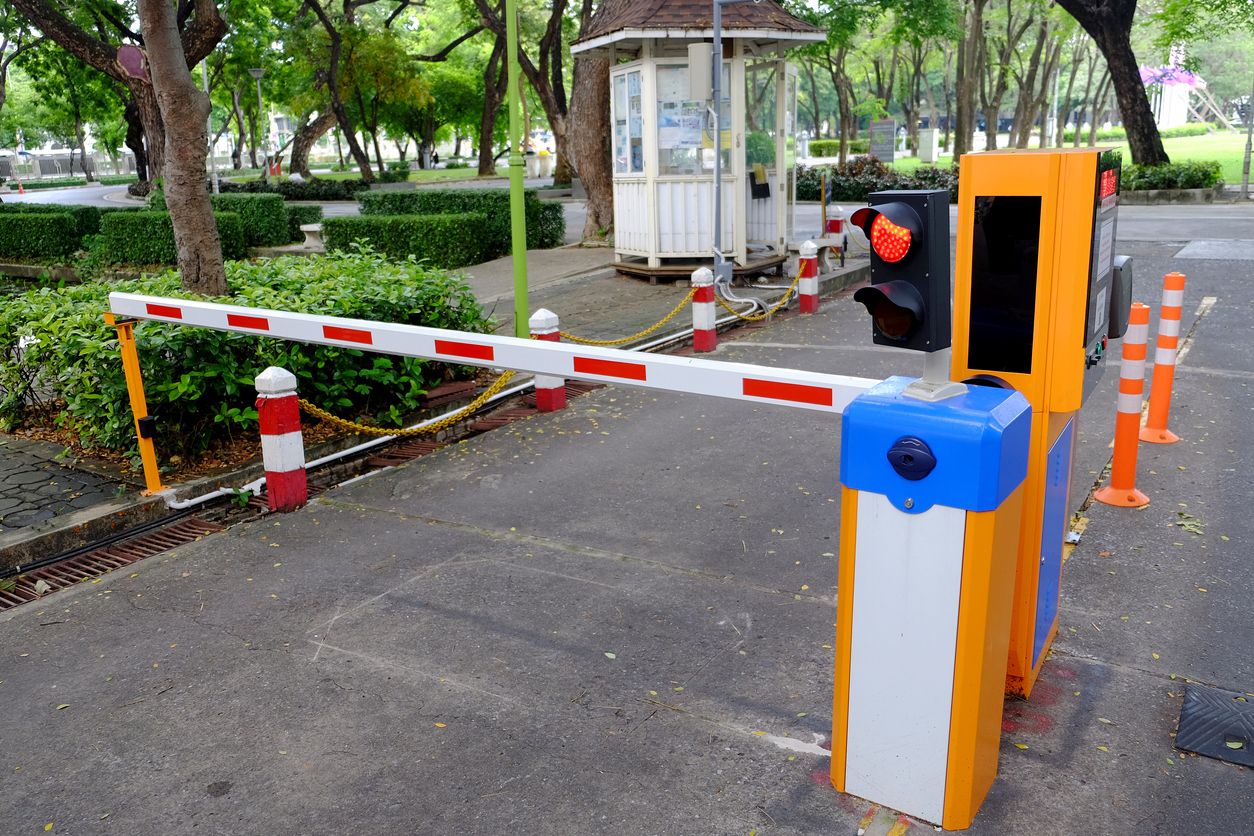
This report presents the findings of the 2020-2021 EUA Open Science Survey and provides evidence-based recommendations for institutions, researchers, research funders and policy makers on the transition towards Open Science.
Open access book usage data - how close is COUNTER to the other kind?
Meredith Adinolfi (Cell Press) and Ann Michael (DeltaThink) discuss some of the more complex aspects of the OA landscape, such as funder mandates, Plan S, and transformative agreements.
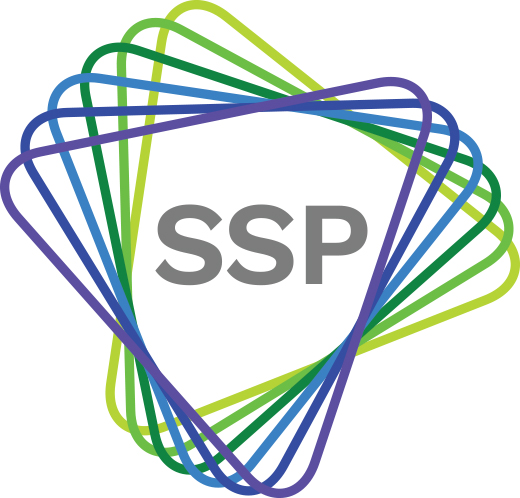
Liz Bal from Jisc discusses the scholarly publishing lessons learned from COVID-19, and how they can be applied to make research communication more efficient and effective.

The SNSF is launching a new pilot project: researchers will be able to publish their open access articles via the ChronosHub platform, thereby saving a lot of time and effort.

There are increased discussions around open access and open science in journals, but what do these terms really mean? Here we try to dissect its meaning for early career scientists and professionals.
In the wake of COVID, a pandemic treaty could be a way to agree on data access before the next emergency strikes.
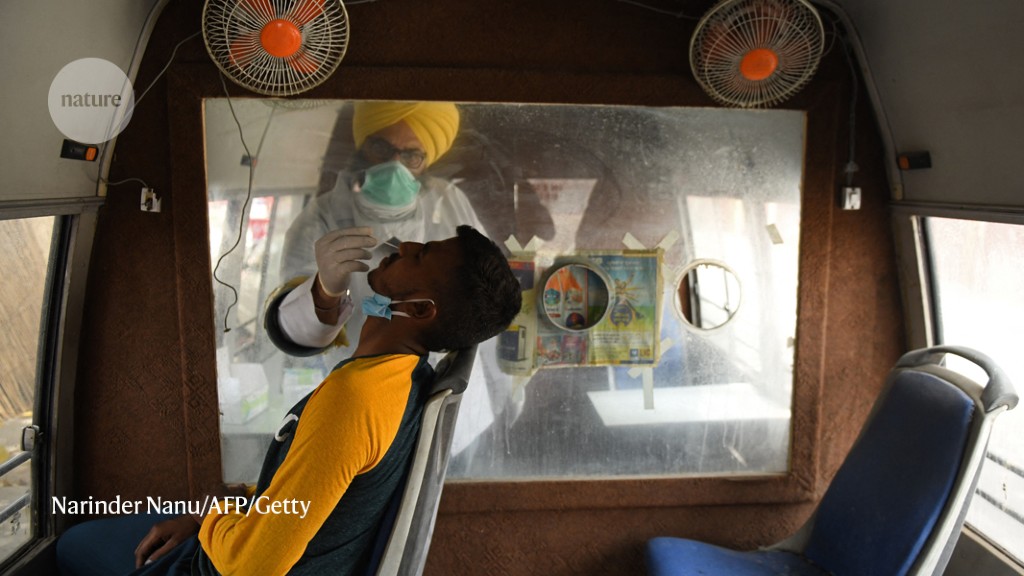
We need a sustainable model of scientific publishing that is beneficial to scientists, universities, and the public.

This study investigates the development of open access (OA) to journal articles from authors affiliated with German universities and non-university research institutions in the period 2010-2018 and can serve as a baseline to assess the impact recent transformative agreements with major publishers will likely have on scholarly communication.
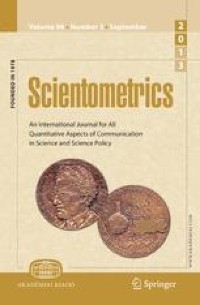
Nearly 900 universities, research organisations, and funding agencies want science publishers to be more transparent and abide by open access rules, after scientists complained their submissions are rejected if they apply a public copyright licence to accepted manuscripts.
We should strive for open but also be realistic about the options truly available to researchers and discuss them transparently and honestly, argues Dustin Fife.

A recent Scholarly Kitchen webinar on global open access shared perspectives from Latin America, Asia and Africa.

The publisher will launch five new journals, and has introduced a new business model that aims to spread the cost of publishing more fairly.

When Martin Eve had a stroke five years ago, paywalls prevented him researching his condition. He argues that the current system is patronising, elitist, and needs to change.

The SNSF meticulously examines its funding activities. From now on, it will publish these analyses on its data portal. To kick things off, Open Access, ERC grants and women scientists during the pandemic are in focus.
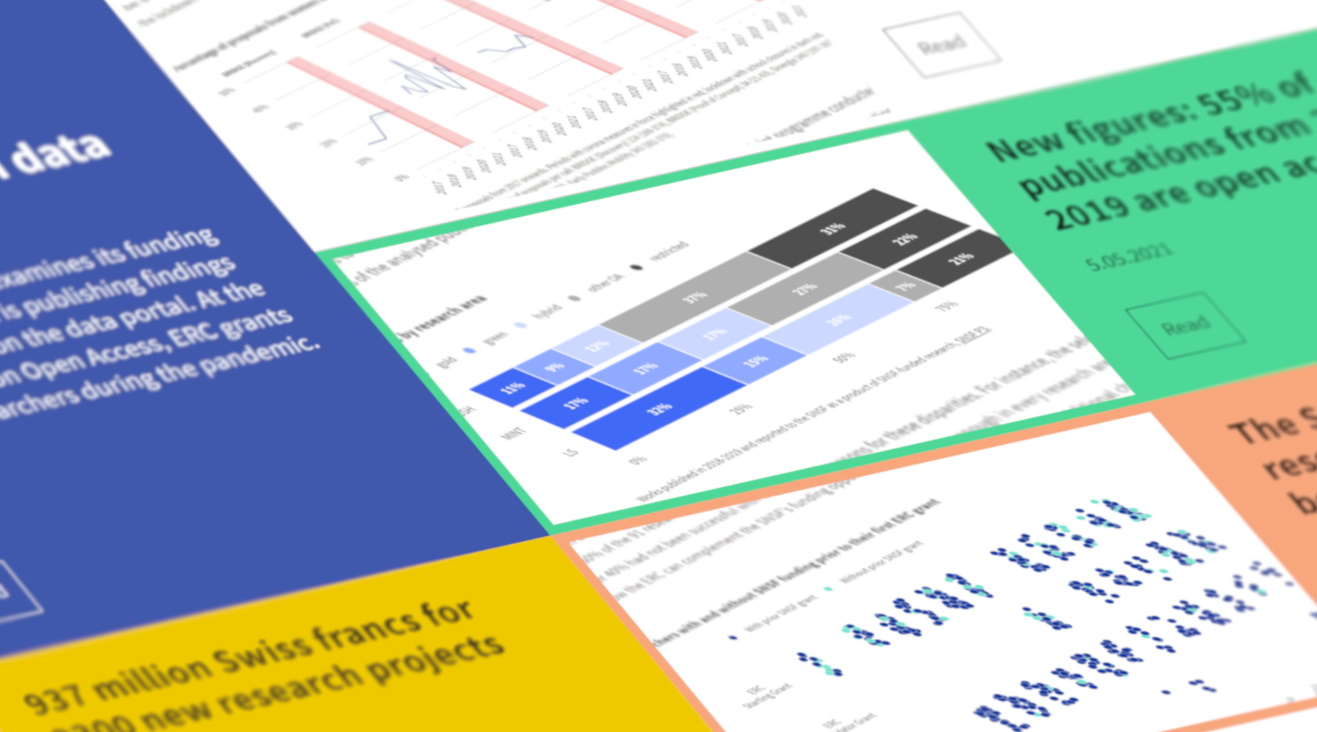
6 arguments are presented that articulate why cOAlition S organisations will not financially support the hybrid model of publishing.
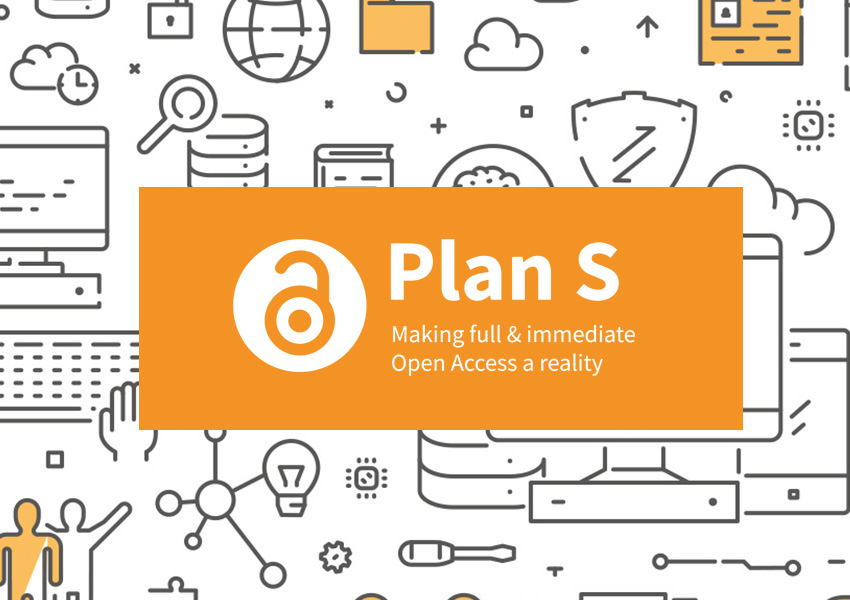
A look at a session from last week's CHORUS Forum that discussed new open access business models -- what does it take to make them work?

Senior male researchers at prestigious institutions are the most likely to pay to publish open access, study suggests.